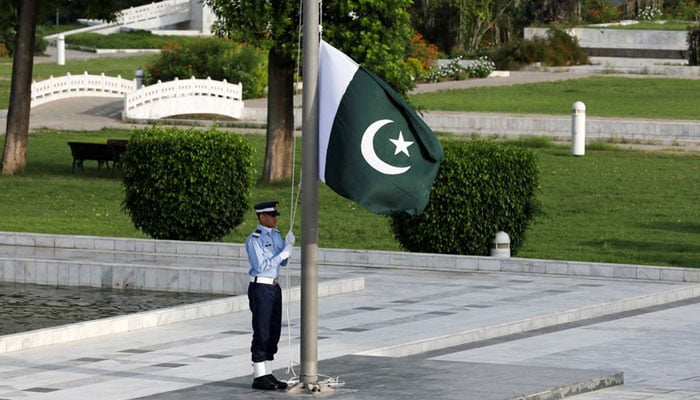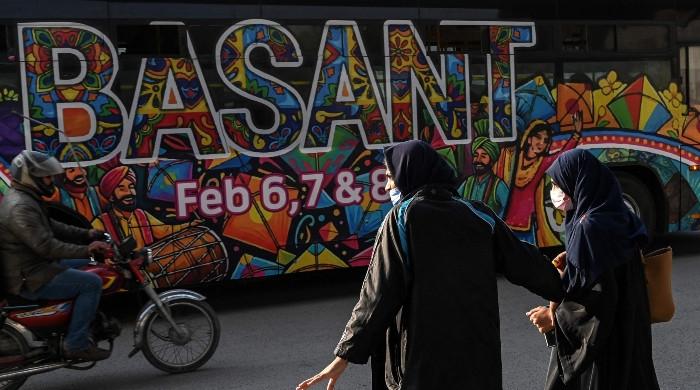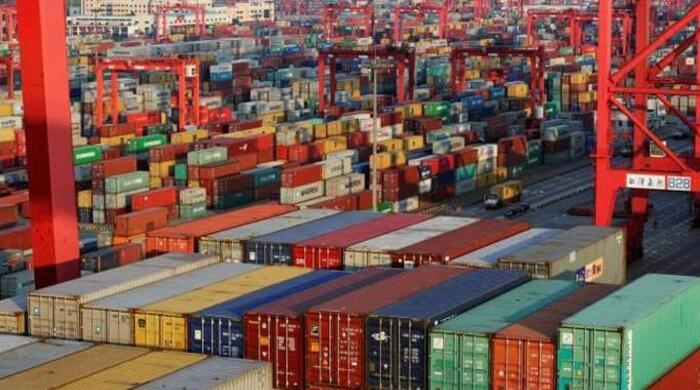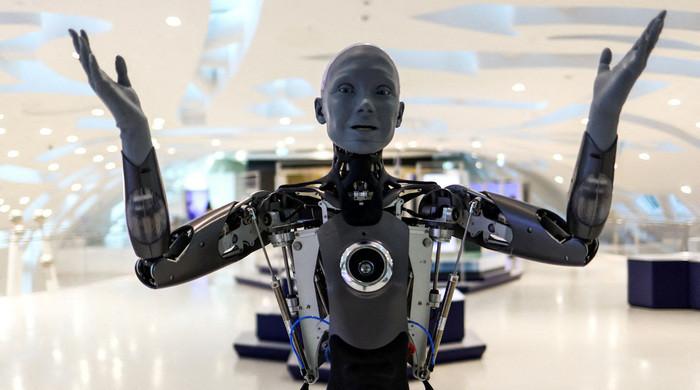Pakistan at 75: A sad tale
Should we celebrate or mourn on the day of our platinum jubilee, when we are on the verge of an economic default?
May 20, 2022

On August 14, Pakistan will be 75-years-old. Should we celebrate or mourn on the day of our platinum jubilee, when we are on the verge of an economic default with the US dollar hitting an all-time high?
Even if the government decides to take some difficult and unpopular decisions in the coming days to stabilize the economy, the hardest-hit will be the middle and poor class, who are already overburdened and crumbling under financial pressure.
This story of Pakistan is a tragic one. In this tale, all four pillars of the state have defaulted and are responsible for bringing the country near to a failed state.
It is an institutional and systemic collapse.
One can understand it is difficult to swallow or digest such hard realities. I agree that one should be optimist and not pessimist but it is equally important to be realistic when unending political and economic uncertainties are staring you in the face.
Fifty years ago we could not celebrate our silver jubilee and instead mourned the fall of East Pakistan (now Bangladesh), which today is far ahead of us on the economic front.
Read more: Stocktaking at 75
We were proud to be a nuclear state, and why not, as a nuclear deterrent can save you from outside aggression. But can it save you from internal destruction?
The Soviet Union, one of the superpowers during the Cold War, collapsed as a result of economic recession and internal problems.
We boast to be a nation of 220 million people, without realizing that it should be a matter of concern for us as we are fast becoming the fastest growing population in the world.
We have a nation of what some call the “educated illiterate”, when even today millions of our children can’t go to school. Those who are lucky enough to be educated cannot get employment later.
In almost every department and in every institution we seem to be sliding down the slope.
It is an enormous challenge and to meet such challenges Pakistan will need an able leadership, with vision, competence, approach and capacity to take bold but correct decisions.
Read more: Pakistan needs a charter of education now
But we also need to answer who brought us to this level? The politicians, bureaucracy, judiciary or the establishment or for it all of the above.
Those from among our intelligentsia who blame the people for all these ills in the country could not be more wrong. The public hardly has a say in the affairs of the state, at any level. They are in fact the victims of the system, under a civilian government or a military. So, stop blaming the people.
Now on to the politicians. They had promised us to lead from the front, but were the first to conspire against each other for power soon after the death of Mohammad Ali Jinnah.
They showed disrespect to the Constitution in 1948 and even to the vision of Jinnah, which he clearly laid out in his speech in the Constituent Assembly on August 11, 1947. His speech was about religious freedom and he also warned about corruption in society if we did not take concrete measures.
Read more: Pakistan’s interests lie with the West
The speech has been recorded in Stanley Wolpert’s book, ‘Jinnah of Pakistan’, where he said: “The Constituent Assembly has got two main functions to perform. The first is the very onerous and responsible task of framing the future constitution of Pakistan and the second of functioning as a full and complete sovereign body as the Federal Legislature of Pakistan.”
Jinnah has warned against corruption in the same speech. “The first duty of the government is to maintain law and order, so that the life and property and religious beliefs of its subjects are fully protected and secondly, from which even India is suffering is bribery and corruption,” he said.
Politicians never came out from their petty politics and as a result failed in either protecting the Constitution or implementing it. The infighting finally resulted in the assassination of the first Prime Minister Liaquat Ali Khan.
The politicians later conspired with the bureaucracy and military establishment and as a result the sitting army chief who later declared himself as Field Marshal Ayub Khan was made the defense minister.
According to the oldest living bureaucrat Roedad Khan, four men are responsible for what happened in the first 10 years of Pakistan, which laid the foundation of an uncertain Pakistan. They were Ghulam Mohammad, Iskander Mirza, Mohammad Ali Bogra and Ayub Khan.
Pakistan could not recover since then.
Read more: Going forward, what kind of Pakistan do we want?
Unlike our neighbor India, which despite its internal problems after the breakup, managed to abolish the feudal system and adopted the parliamentary form of system, we, till this day, cannot abolish the feudal system and have experienced four martial laws and military rule.
In short, our politicians conspired against their own rivals or became part of the conspiracy to damage themselves. Yes, they gave us the Constitution of 1973, but had they not conspired against each other Pakistan’s political history would have been different.
Regarding our judiciary, Pakistan would have been a different country and more democratic had our superior judiciary declared even one martial law illegal and unconstitutional.
On the contrary, our judiciary allowed usurpers to amend the Constitution.
As for our establishment, in a country where unconstitutional rulers have the longest rule, how could one run the country on democratic lines? Apart from imposing martial laws, the establishment regarded itself above the law.
Even when they abrogated or suspended the Constitution they always got away scot-free.
The fourth pillar of the state, the media, has also failed miserably in becoming the mirror for the powerful. Instead, it has become a tool either for the state or government of the day. It failed to fulfill its responsibility and as a result was guilty of not informing the people about the truth.
Can we rebuild the four pillars of the state going forward or will we continue like this?











